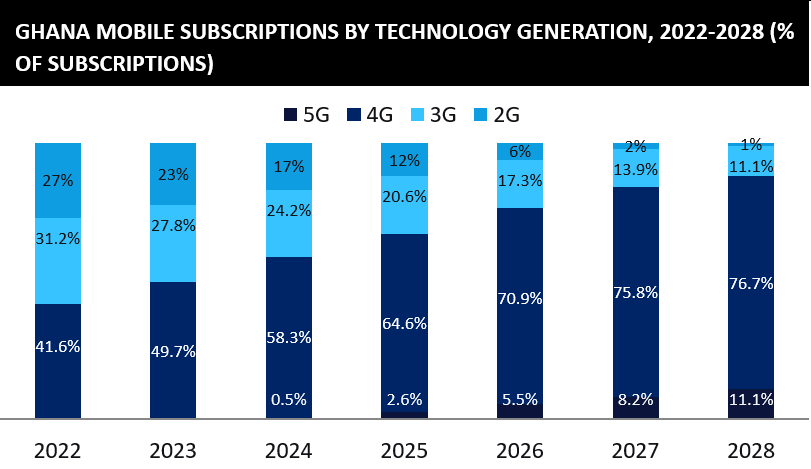
On January 26, 2021, South Korea Ministry for Science and ICT announced that the government would invest $7.5 billion into digital technologies in 2022, with almost 9% devoted to South Korea’s metaverse industry and cloud services. This is the latest in a series of government-sponsored metaverse initiatives that stretches back to early 2021 and confirms South Korea’s ambition to become a world leader in metaverse platforms.
South Korea metaverse initiatives
Metaverse hype blossomed in October 2021 when Facebook rebranded to Meta Platforms. However, South Korea has been storming ahead in its metaverse plans since early 2021.
In May 2021, the Ministry for Science and ICT launched a collaborative partnership with South Korean Big Tech companies such as SK Telecom and Hyundai Motor to develop metaverse platforms. In July 2021 the Digital New Deal 2.0 was published—an updated version of the 2020 original that laid out a strategy for South Korea’s digital transformation. Additions included the development of an open metaverse platform and investment into metaverse-related technologies such as blockchain and cloud. In September 2021, the government committed to investing $2.2 billion into these technologies by 2025.
Barely a week after Facebook’s rebrand to Meta Platforms on October 28, 2021, Seoul capitalized on the general hype by announcing its plans to develop a metaverse platform to conduct public services such as tourism, education, and civilian services. Just last week, the Ministry of Science and ICT revealed plans to make South Korea the fifth-largest metaverse market globally by developing 220 metaverse firms and 40,000 industry experts by 2026.
In short, yesterday’s budget corroborates what a plethora of initiatives have already confirmed—that the metaverse will play a central role in the South Korean economy.
South Korea has big potential as a metaverse market
South Korea’s ambition to become a leading metaverse market is by no means far-fetched. This is because of the growth of virtual entertainment in South Korea, which is spurring the development of metaverse experiences and familiarizing consumers with them.
How well do you really know your competitors?
Access the most comprehensive Company Profiles on the market, powered by GlobalData. Save hours of research. Gain competitive edge.

Thank you!
Your download email will arrive shortly
Not ready to buy yet? Download a free sample
We are confident about the unique quality of our Company Profiles. However, we want you to make the most beneficial decision for your business, so we offer a free sample that you can download by submitting the below form
By GlobalDataOver the years, a strong gaming culture has developed in South Korea, and it is home to cloud gaming leaders such as Netmarble (which itself launched a metaverse platform as a subsidiary in April 2021). Microsoft’s recent acquisition of Activision-Blizzard demonstrates the importance of gaming in the development of metaverse platforms. According to Rupantar Guha, Principal Analyst at GlobalData, Microsoft “is focused on acquiring both Activision’s communities and content—two essential parameters for success in the metaverse”. South Korea’s strong gaming culture and ecosystem guarantee communities and content, respectively.
K-Pop is also familiarizing its consumers with metaverse-like experiences. In response to social distancing measures in 2020, K-Pop artists such as Twice, NCT, and BTS performed online.
One of BTS’ online concerts raised over $20 million and was virtually attended by 756,000 people, which is suggestive of a consumer appetite for virtual entertainment. Accordingly, in November 2021, Cube Entertainment, a South Korean entertainment company, partnered with Animoca to develop a K-Pop metaverse to house virtual concerts and allow fans to exchange NFTs.
A bright future
In summary, between yesterday’s budget and all the initiatives that preceded it, the South Korean government is turbo-charging South Korea’s metaverse industry. South Korean entertainment and Big Tech companies are following suit. The growth of virtual entertainment in music and gaming means that, for the most part, South Korean consumers are growing increasingly comfortable with the virtual experiences that the public and private sectors are developing. All of this bodes very well for South Korea’s metaverse ambitions.








Related Company Profiles
Microsoft Corp
Meta Platforms Inc
Hyundai Motor Co
SK Telecom Co Ltd
Activision Blizzard Inc